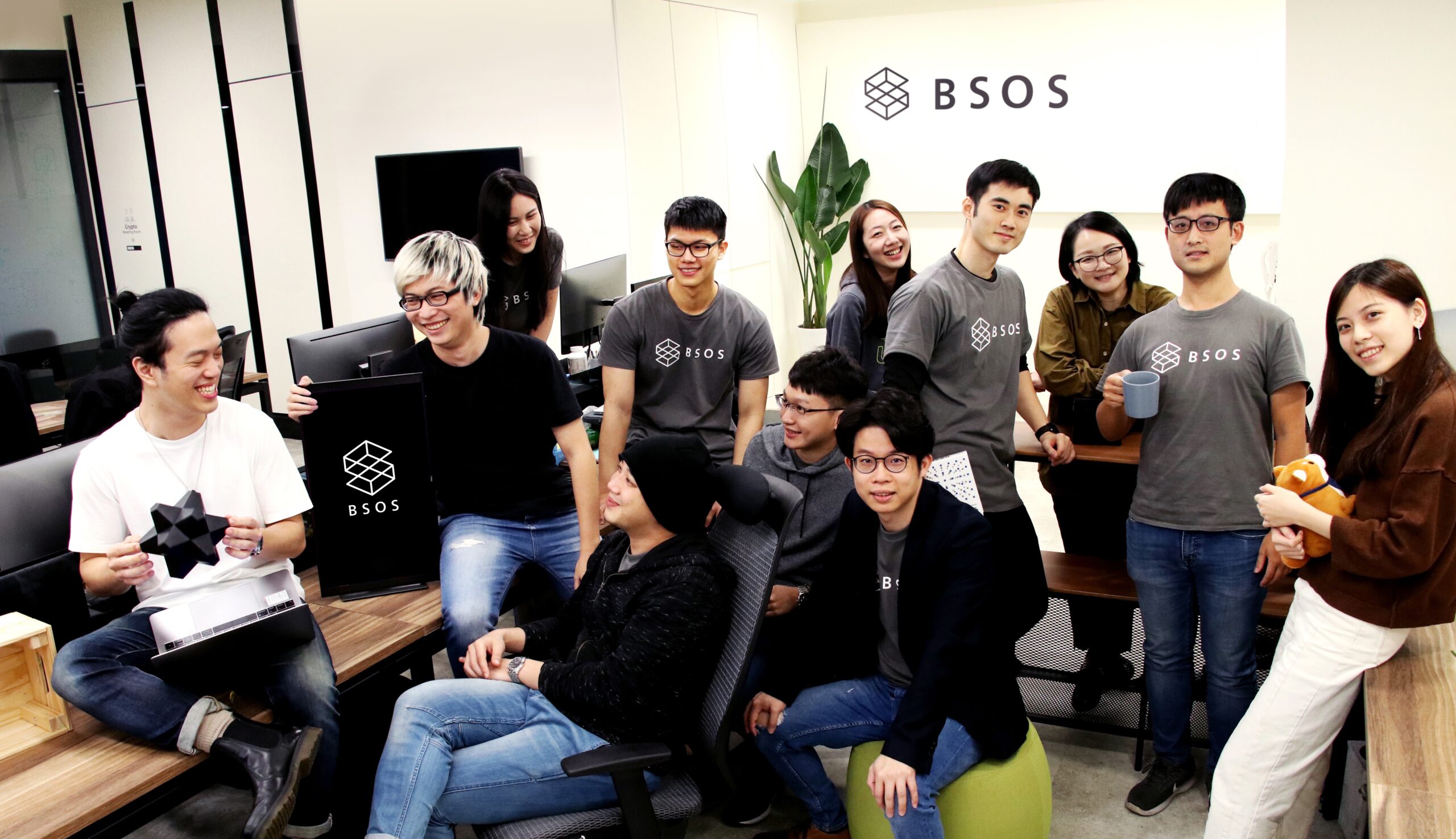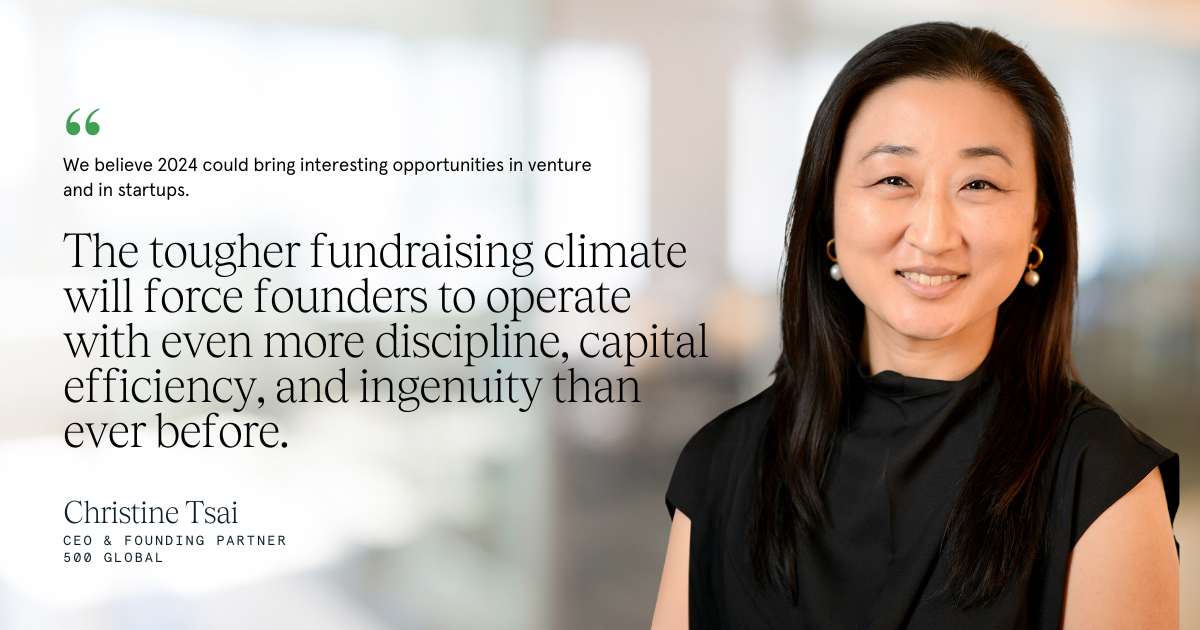Supply chain shocks have been a hot topic throughout the pandemic. One area we see opportunities to make improvements is supply chain finance, which helps suppliers and manufacturers optimize working capital.
The COVID-19 pandemic has increased the use of supply chain financing, but there’s still significant untapped value in this market globally. Digital platforms and fintech innovations can help unlock that potential. That’s why we’re proud to support BSOS, a company creating enterprise-level fintech solutions for supply chain finance by leveraging blockchain.
The Nuts & Bolts
Problem: Broadly speaking, supply chain finance helps suppliers receive faster payments and allows corporate buyers to defer bills and free up working capital. Traditionally, a buyer purchasing goods has a fixed period to pay, but cash-strapped suppliers can seek quicker turnaround by turning to a financial institution to arrange faster payment. Buyers can then defer payment even longer, while suppliers can access cheap funding, with the financing cost based on a buyer’s credit rating.
Supply chain finance is growing in popularity, but the market suffers from complexity and outdated practices: nearly 80% of eligible assets don’t benefit from better working capital financing, with the remainder often financed inefficiently. Supply chain finance also often focuses on larger, multinational corporations, while smaller enterprises can face accessibility barriers.
Traditional supply chain finance involves multiple parties, providers, identities, certifications and communications. Many processes are often performed manually or with little automation, while data sharing remains fragmented. For instance, financial institutions can be slow to verify authenticity of account receivables and make credit decisions. Simultaneously, financial institutions in emerging economies can find it challenging to offer supply chain finance products, in part due to a lack of technological capacity.
But digital tools, fintech and blockchain can offer opportunities to make improvements. Automation is a key trend here, however many solutions only tackle small parts of the process. For instance, some existing services match SME suppliers to financial institutions, but don’t provide an entire end-to-end solution.
Solution: BSOS is building an entire digital supply chain finance ecosystem that brings together suppliers, buyers and financial institutions on one platform. It’s doing that through its SaaS platform SUPLEX, a supply chain finance marketplace for enterprises built around blockchain and decentralized finance (DeFI).
SUPLEX is designed to deliver better asset liquidity and efficient financing by connecting buyers, sellers and capital providers with the tools needed to simplify and automate processes. Blockchain can offer the ideal technology to achieve this and authenticate assets quickly, thanks to its decentralized and immutable nature, which makes identifying, tracking and auditing all involved parties a more efficient and error-free process.
Built with Enterprise Ethereum, SUPLEX records account receivables and transactions in the format of digital assets and provides API integration into bank systems. It allows suppliers to easily invoice financing digitally, while buyers get more transparent information about vendors and can monitor the health of supply chains. For financial institutions, SUPLEX can speed up deal sourcing, credit checks and the internal approval process. The result is a diversified and flexible working capital solution able to serve enterprises across numerous industries, from semiconductor manufacturers to green energy companies.
Getting to know BSOS
Launched in 2018 in Taiwan, BSOS was founded by a team combining backgrounds in tech and finance. CEO and cofounder Daniel Huang is an engineer who has worked on product development and design for over 10 years. He’s also a second time founder, having previously launched OneTalk Messenger. Cofounder and CMO Wayne Ke has worked in the financial industry for more than a decade, which includes time spent as a VP at CITIC International Asset Management and before that as an associate director at UBS.
Why now?
We believe BSOS is positioned to serve a sizable market for supply chain finance solutions, particularly in manufacturing hubs in Asia. Supply chain financing had already been growing in recent years and the pandemic provided a boost, with the market reaching a total value of $1.3 trillion in 2020. Supply chain finance has grown to surpass traditional trade finance in market revenue. The global market for accounts receivable automation was estimated at $1.9 billion in 2020 and is projected to reach a size of $3.8 billion by 2027.
We see room for new supply chain finance products to rise across key markets globally. Already BSOS can find opportunity in its home market, as Taiwan is an important manufacturing hub.
The future of BSOS
From its home base in Taiwan, BSOS is focused on expanding its supply chain finance ecosystem by developing its network of industry stakeholders. The company already has large corporate buyers using SUPLEX, including publicly listed firms in Taiwan, and it has inked partnerships with local financial institutions.
In a world where the pandemic has reshaped supply chains, we look forward to helping BSOS create next generation products for supply chain finance.
You can learn more about BSOS at: https://www.bsos.tech/
Legal Disclaimers: 500 Startups programs (including accelerator programs), investor education services, strategic partnership consulting services and events are operated by 500 Startups Incubator, L.L.C. (together with its affiliates, “500 Startups”) and the funds advised by 500 Startups Management Company, L.L.C. do not participate in any revenue generated by these activities. Such programs and services are provided for educational and informational purposes only and under no circumstances should any content provided as part of any such programs, services or events be construed as investment, legal, tax or accounting advice by 500 startups or any of its affiliates.
The views expressed here are those of the individual 500 Startups personnel, or other individuals quoted and are not the views of 500 Startups or its affiliates. Certain information contained herein may have been obtained from third-party sources, including from portfolio companies of funds managed by 500 Startups. While taken from sources believed to be reliable, 500 Startups has not independently verified such information and makes no representations or warranties as to the accuracy of the information in this post or its appropriateness for a given situation. In addition, this content may include third-party advertisements or links; 500 Startups has not reviewed such advertisements and does not endorse any advertising content contained therein.
This content is provided for informational purposes only, and should not be relied upon as legal, business, investment, tax or accounting advice. You should consult your own advisers as to those matters. References to any securities or digital assets are for illustrative purposes only, and do not constitute an investment recommendation, offer to sell or solicitation to purchase any investment securities, or offer to provide investment advisory services. Furthermore, this content is not directed at nor intended for use by any investors or prospective investors, and may not under any circumstances be relied upon when making a decision to invest in any fund managed by 500 Startups. (An offering to invest in an 500 Startups fund will be made only by the private placement memorandum, subscription agreement, and other relevant documentation of any such fund and should be read in their entirety.) Any investments or portfolio companies mentioned, referred to, or described are not representative of all investments in vehicles managed by 500 Startups, and there can be no assurance that the investments will be profitable or that other investments made in the future will have similar characteristics or results.
Charts and graphs provided herein are for informational purposes solely and should not be relied upon when making any investment decision. Past performance is not indicative of future results. The content speaks only as of the date indicated. Unless otherwise expressly stated, figures are based on internal estimates and have not been independently verified. Any projections, estimates, forecasts, targets, prospects, and/or opinions expressed in these materials are subject to change without notice and may differ or be contrary to opinions expressed by others. All logos and trademarks of third parties referenced herein are the logos and trademarks of their respective owners and any inclusion of such trademarks or logos does not imply or constitute any approval, endorsement or sponsorship of 500 Startups by such owners.
Please see Section 2 of our Terms of Use for additional important information.





